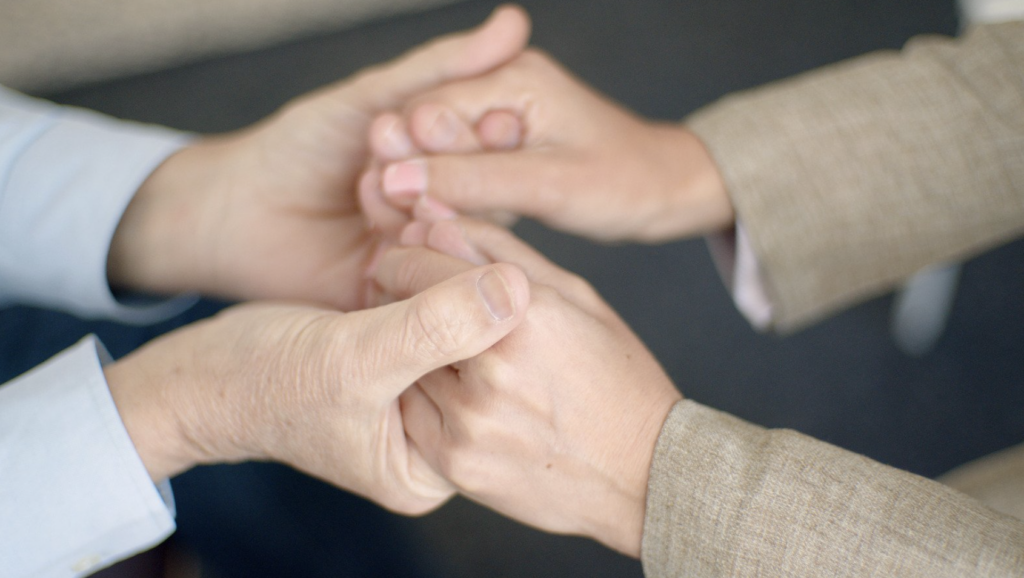In Belgium, there are currently just nine High & Intensive Care Units (HIC) – which take an innovative approach to mental health. By the end of 2023, there will be 28 such HICs, for which the government is allocating €15 million.
HICs offer more humane care to people admitted in crisis and provide one-on-one counselling with direct and continuous coordination with the patients, their relatives and external care providers. This comprehensive service ensures that freedom-restricting measures such as isolation are avoided and only taken as a last resort.
Moreover, the centres could play a pivotal role in bringing about a cultural change in how mental health problems are dealt with in Belgium. Until now, there are too few units to make a real change but Federal Health Minister Frank Vandenbroucke confirmed on Thursday that the provision will be more than tripled, following a project call he launched last year.
"We are taking a big step forward towards integrated crisis psychiatry. An evaluation of clinical functioning shows that aggression and suicide risk decrease significantly after an average of 20 days of treatment," Vandenbroucke said. "In short, we provide more humane and, above all, much better care for people admitted in crisis."
Overcoming crisis moment
In order to take a more proactive approach to mental health before cases reach crisis point, Belgium aims to ensure that prevention and early detection is made possible across the country. To do so, psychological care must be low-threshold and easily accessible. It should also be possible to quickly switch to more intensive, psychiatric care for more severe psychiatric conditions, Vandenbroucke stressed.
He explained that the 29 HIC units will mean that every adult mental health (GGZ) network in the country will have at least one crisis department. While the services are mainly located in psychiatric hospitals, there are also some general hospitals that want to collaborate with these units.
Related News
- Mental health of the elderly needs re-evaluating, says psychiatrist
- Depression or burnout cases in Belgium have almost doubled in five years
Where an HIC is already in place, the mobile crisis teams will be reinforced with additional staff so that cooperation with the emergency departments of general hospitals can be strengthened.
The aim of the system is to overcome the so-called "acute crisis moment" as quickly as possible so that care can then be reverted to outside the intensive care unit, such as on a follow-up ward in full, day or overnight admission, with the help of a mobile team or via outpatient consultation.

